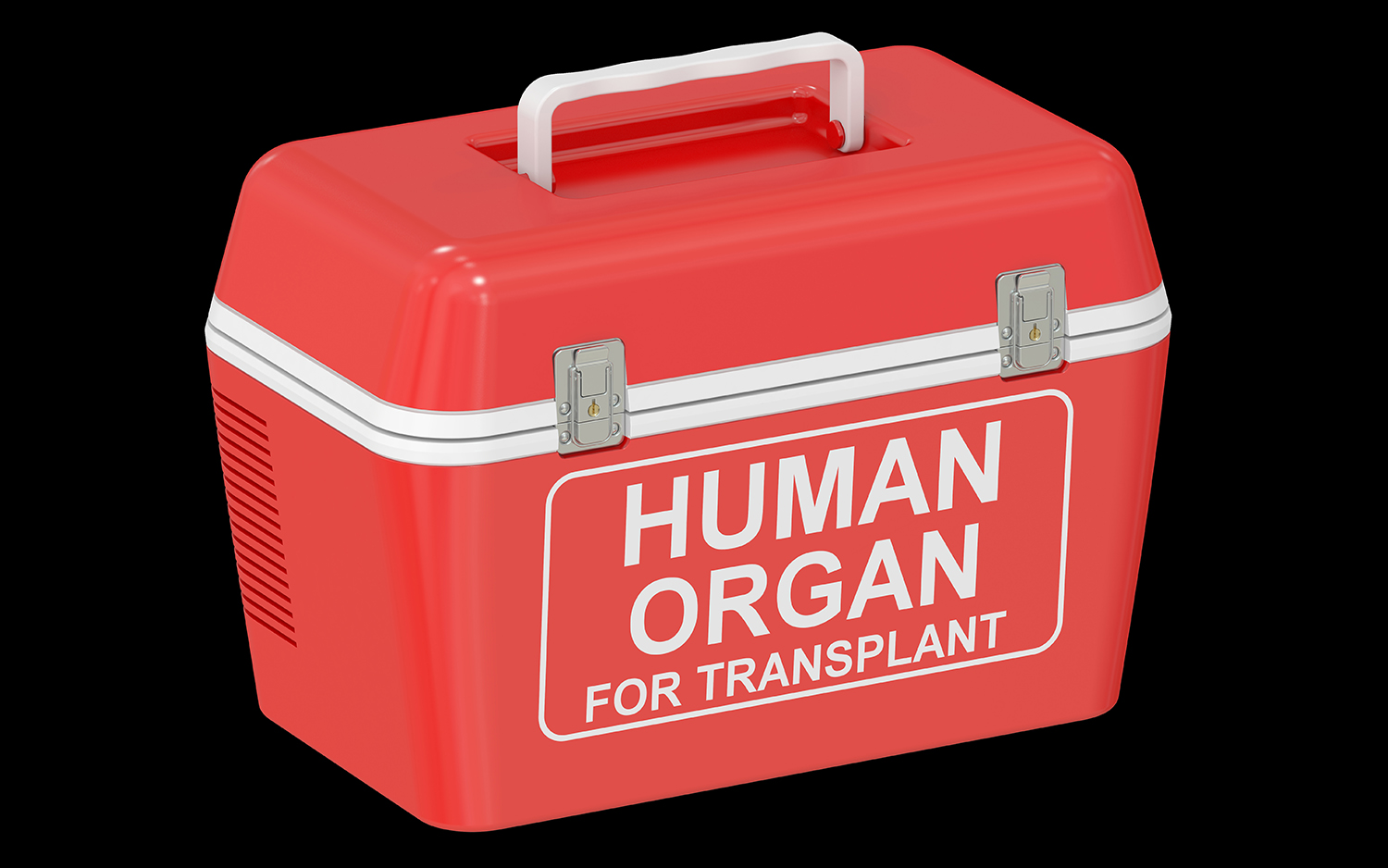Organ Donations from Overdose Victims Save Thousands

It's difficult to describe the opioid epidemic as having anything resembling a "silver lining," but as deaths from opioid use have skyrocketed, one arguably positive outcome has been more organ donations from overdose victims, a new study suggests.
Since 2000, the number of overdose deaths in the U.S. has climbed steeply, nearly tripling in 15 years. Meanwhile, organ donations from overdose deaths have also been on the rise, increasing 24-fold during the same period. [America's Opioid-Use Epidemic: 5 Startling Facts]
More opioid-related deaths significantly increased the availability of viable organs to those who desperately needed them, according to the study, published online today (April 16) in the journal Annals of Internal Medicine. In 2017, national waiting lists for organ donations held about 120,000 names, while donors numbered slightly over 10,000; often, people in need of organ donations wait an average of five to seven years for a transplant, facing a greater chance of dying than of receiving a required organ in time, the study authors reported.
What's more, these organ donations have been successful, according to the study. The researchers noted that the outcomes from overdose victims' organ donations were as successful for transplant recipients as organ donations received from donors who died of trauma. In addition, transplant recipients often fared better with organs from overdose victims than with organs from people who died due to illnesses, the study found.
More overdose deaths, more overdose donors
In the study, researchers looked at data from 2000 to 2017 representing 138,565 organ donors and 337,934 transplant recipients. Recorded transplants included 177,522 kidneys; 97,670 livers; 35,710 hearts; and 27,032 lungs. The researchers examined the number of overdose donors over time and the success rates of donations in transplant recipients, comparing the success of organs donated by people who died from overdoses, from accidents, and from medical causes.
Five years after the surgeries were performed, transplants from overdose donors often proved as successful as donations from trauma victims and more so than donations from medical victims, the study found.
For example, the five-year survival rate for liver recipients was around 77 percent when they had overdose donors. By comparison, the survival rate was about 76 percent when the donor was a trauma victim and around 72 percent when the donor was a medical victim. [Can You Be Too Old to Donate Organs?]
Sign up for the Live Science daily newsletter now
Get the world’s most fascinating discoveries delivered straight to your inbox.
One explanation for that might be that overdose victims — and many trauma victims — tend to be younger, so overall, their organs are in better shape than those of people who die of conditions such as high blood pressure, heart disease or diabetes, said lead author Dr. Christine Durand, a transplant and infectious-disease physician and an assistant professor of medicine at Johns Hopkins Medicine.
Judging the risk
Some may argue that organs from overdose victims are unsuitable for transplants, as behaviors associated with intravenous drug use usually carry a higher risk for viruses such as HIV, hepatitis B or hepatitis C, the researchers wrote in the study. However, improved screening tests are now accurate enough that health professionals can say with a high degree of certainty at the time of donation that the organ is free of infection and that the risk to recipients "is exceedingly low," Durand told Live Science.
"Screening tests have improved dramatically since the late 1990s," she said. "Testing practices include not only antibody tests for the infections, but what we call nucleic acid tests — testing for the virus in the blood — so that we would catch even donors that had been recently infected."
Though organ donations from overdose deaths are neither an ideal nor a sustainable solution to the current organ shortage in the U.S., these donations can mean the difference between life and death for people in dire need of transplants, Durand said.
"We need to maximize all of the treatments and all of the interventions to really get rid of the opioid epidemic in the U.S.," she said. "But in the face of tragedy, we also have an obligation to maximize every gift of life."
Original article on Live Science.

Mindy Weisberger is an editor at Scholastic and a former Live Science channel editor and senior writer. She has reported on general science, covering climate change, paleontology, biology and space. Mindy studied film at Columbia University; prior to Live Science she produced, wrote and directed media for the American Museum of Natural History in New York City. Her videos about dinosaurs, astrophysics, biodiversity and evolution appear in museums and science centers worldwide, earning awards such as the CINE Golden Eagle and the Communicator Award of Excellence. Her writing has also appeared in Scientific American, The Washington Post and How It Works Magazine. Her book "Rise of the Zombie Bugs: The Surprising Science of Parasitic Mind Control" will be published in spring 2025 by Johns Hopkins University Press.










